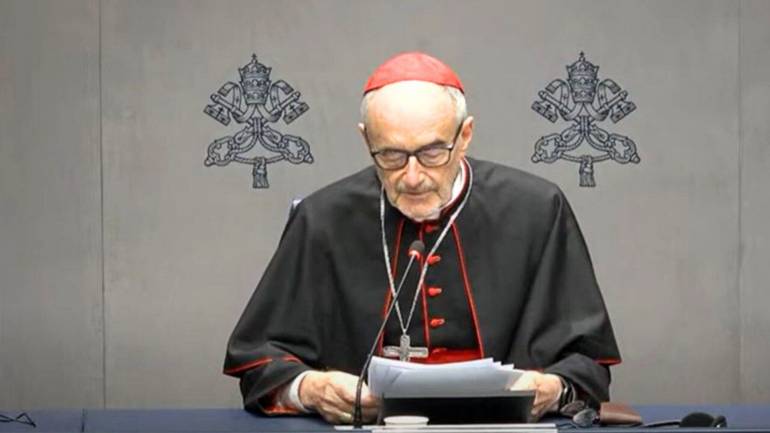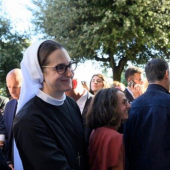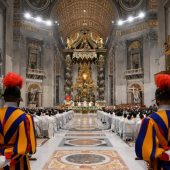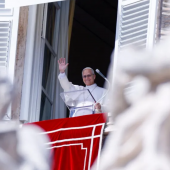Vatican Presents New “Mass for the Care of Creation” as Liturgical Response to Ecological Crisis

In a landmark step underscoring the Catholic Church’s growing commitment to environmental stewardship, the Vatican has unveiled a new liturgical text titled Missa pro custodia creation is the “Mass for the Care of Creation.”
Officially added to the Missae pro variis necessitatibus vel ad diversa section of the Roman Missal, the new formulary is now approved for liturgical use across the globe.
The announcement was made during a press conference held at the Holy See Press Office, where Cardinal Michael Czerny, S.J., Prefect of the Dicastery for Promoting Integral Human Development, and Archbishop Vittorio Francesco Viola, O.F.M., Secretary of the Dicastery for Divine Worship and the Discipline of the Sacraments, presented the spiritual, theological, and ecological dimensions of this liturgical innovation.
Cardinal Czerny described the Mass as a concrete response to the Church’s reflection on the interconnectedness between humanity and the natural world, a central theme in Pope Francis’s 2015 encyclical Laudato Si’.
“Among the formularies for civil needs, we are happy to introduce a ‘Mass for the Care of Creation,’” he said. “Let us give thanks to God our Creator for this new formulary; may it help us to learn how to care for His immense gift.”
He recalled the Church’s longstanding teaching on ecological responsibility, including Pope John Paul II’s 1990 message for the World Day of Peace, which first explicitly linked peace to care for creation.
Pope Leo XIV is expected to celebrate the new Mass for the first time next week at the Borgo Laudato Si’ in Castel Gandolfo, marking a historic public debut of the liturgical text.
Archbishop Viola emphasized that the Church’s liturgy has always contained elements of creation theology, especially in the Eucharist, where “the whole cosmos gives thanks to God.”
He explained that the new formulary builds upon this by drawing directly from Scripture, including Psalm 18 “The heavens are telling the glory of God” as the entrance antiphon, and Gospel passages highlighting Jesus’ intimate connection with nature, such as His calming of the storm or reflections on the lilies of the field.
The prayers within the Mass the Collect, Offertory, and Communion express a theology rooted in awe and stewardship. They emphasize Christ as the firstborn of all creation, recognize the sacredness of created elements like bread and wine, and call for renewed harmony between God, humanity, and the earth.
According to Archbishop Viola, the formulation is inspired by Laudato Si’ No. 67, which promotes mutual responsibility between people and the environment.
Both prelates stressed that the Missa pro custodia creationis is more than symbolic; it is a liturgical and pastoral tool that integrates ecological awareness into the very rhythm of the Church’s prayer life.
Cardinal Czerny noted that this Mass “increases our gratitude, strengthens our faith, and calls us to respond with wonder, reverence, and responsibility.”
Archbishop Viola added that it helps prevent the risk of reducing the Church’s ecological teaching to a “superficial or false ecology,” reminding the faithful instead of the need for an “integral ecology” rooted in worship and communion.
The new Mass is now officially included in the Editio Typica Tertia of the Roman Missal and may be celebrated following the rubrics outlined in the General Instruction of the Roman Missal. Its inclusion signals a renewed theological focus on creation as a gift to be honored, protected, and integrated into the Church’s mission in the world today.
Radio Veritas Asia (RVA), a media platform of the Catholic Church, aims to share Christ. RVA started in 1969 as a continental Catholic radio station to serve Asian countries in their respective local language, thus earning the tag “the Voice of Asian Christianity.” Responding to the emerging context, RVA embraced media platforms to connect with the global Asian audience via its 21 language websites and various social media platforms.











